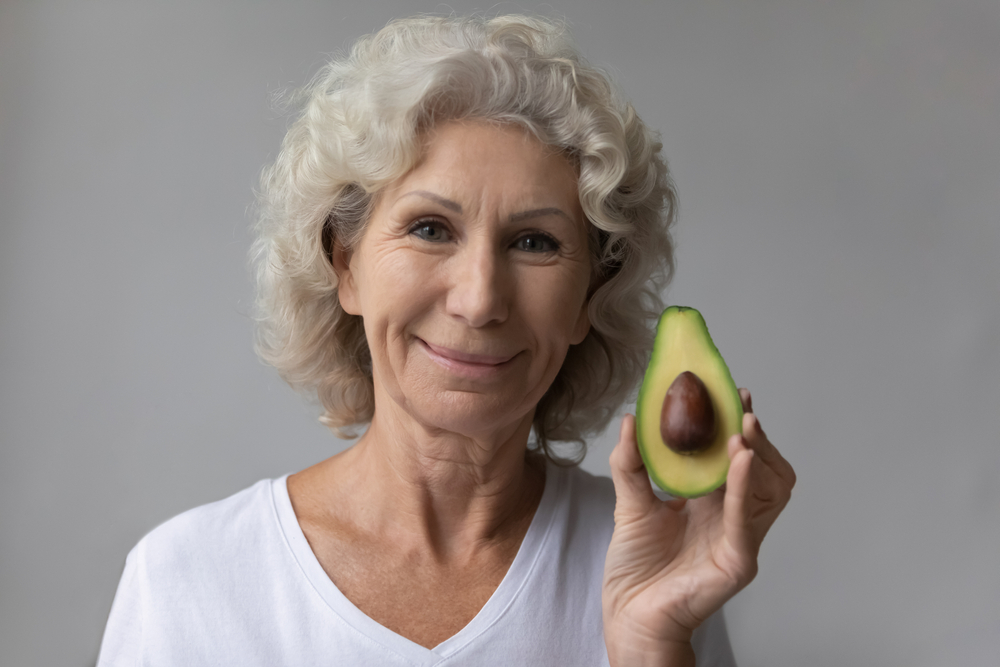Navigating the dietary needs of our golden years involves understanding how our bodies and lifestyles change, and how our diets must adapt in response. As we age, our metabolism slows, yet our need for certain nutrients remains, or even increases. This paradox of requiring fewer calories but more nutrients is a unique challenge for seniors’ nutrition.
Key nutrients become increasingly important. Calcium and Vitamin D are essential for bone health, helping to ward off osteoporosis, while B vitamins, especially B12, support brain health and energy levels. Dietary fiber is crucial for maintaining digestive health and a healthy weight, and potassium plays a vital role in cell function and may help in reducing blood pressure.
Protein intake is another crucial aspect of senior nutrition. As appetite diminishes with age, so often does protein consumption, leading to a loss of muscle mass and strength. Including lean protein sources like poultry, fish, beans, and nuts in the diet is essential for muscle maintenance, tissue repair, and a robust immune system.
Hydration is an often-overlooked element in senior nutrition. With a diminished sense of thirst, older adults are at risk of dehydration. It’s important to drink fluids regularly, and not just water – soups, broths, teas, and water-rich fruits and vegetables all contribute to staying hydrated.

Many seniors also manage chronic health conditions that can be influenced by diet. Heart disease might require a diet low in sodium and saturated fats, while diabetes management focuses on controlling blood sugar levels. Tailoring a diet to these health needs, often with the guidance of healthcare professionals, is an important aspect of senior health.
Practical considerations also come into play. Issues like dental health, the ability to cook, or access to fresh foods can significantly impact nutrition. Soft foods, nutrient-dense shakes, and convenient healthy snacks are beneficial adaptations. For those who find cooking or shopping challenging, programs like Meals on Wheels or community food services can be invaluable.
Equally important is the social aspect of eating. Mealtime is a communal, social occasion, and eating alone can impact seniors’ appetite and enjoyment of food. Sharing meals with others, or participating in community dining programs, can make eating more pleasurable and encourage better nutrition.
In some cases, dietary supplements may be necessary to meet the nutritional needs of seniors, but it’s important to consult with healthcare providers before starting any supplements. These can interact with medications and may not be necessary with a well-balanced diet.

In essence, senior nutrition is about balancing the body’s changing needs with health conditions, practicalities, and the enjoyment of food. A well-balanced diet, rich in essential nutrients and adapted to individual health and lifestyle needs, is the cornerstone of maintaining health and vitality in the golden years. It’s a comprehensive approach that considers not just what seniors eat, but also how they eat, making nutrition a key component of overall well-being in later life.

